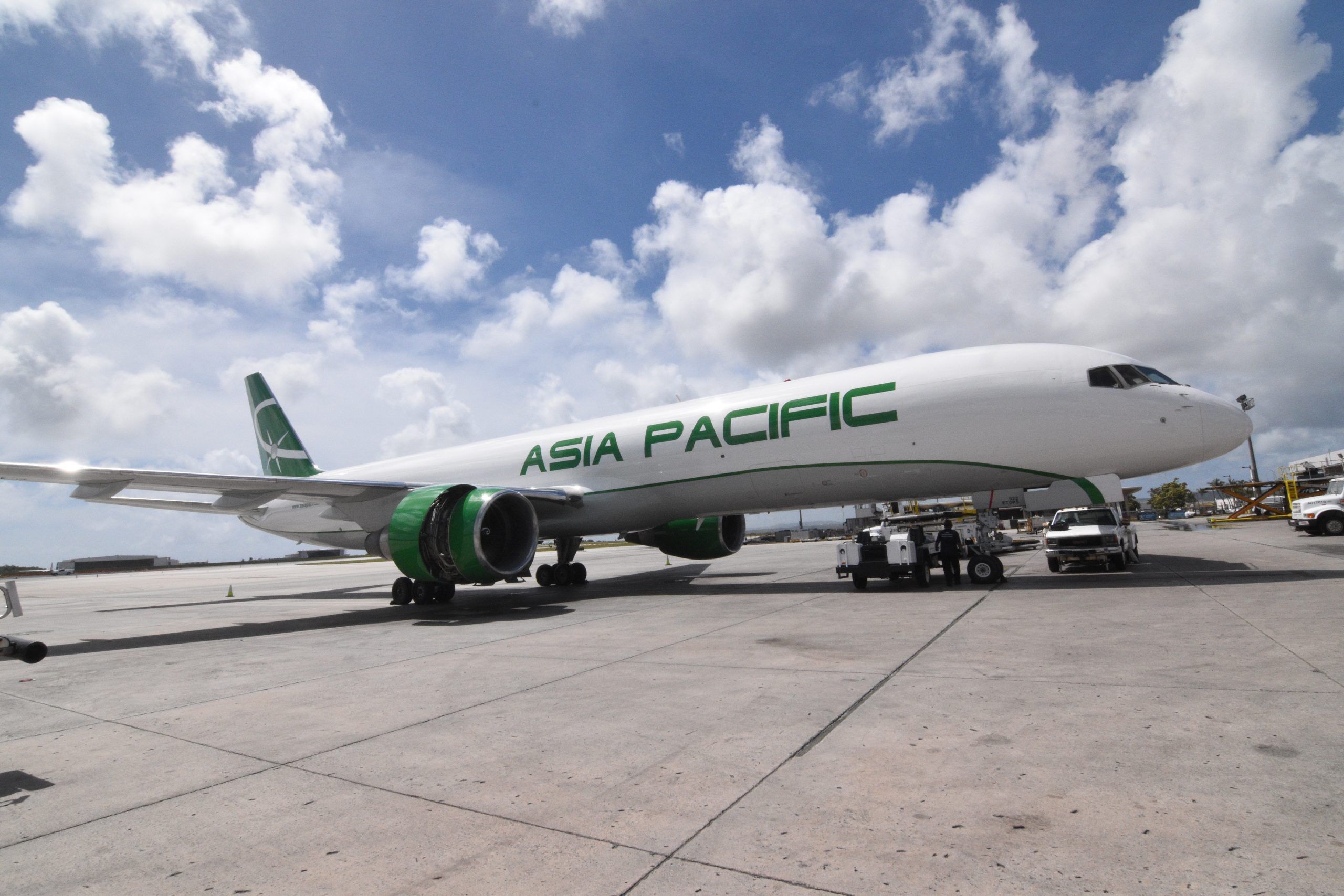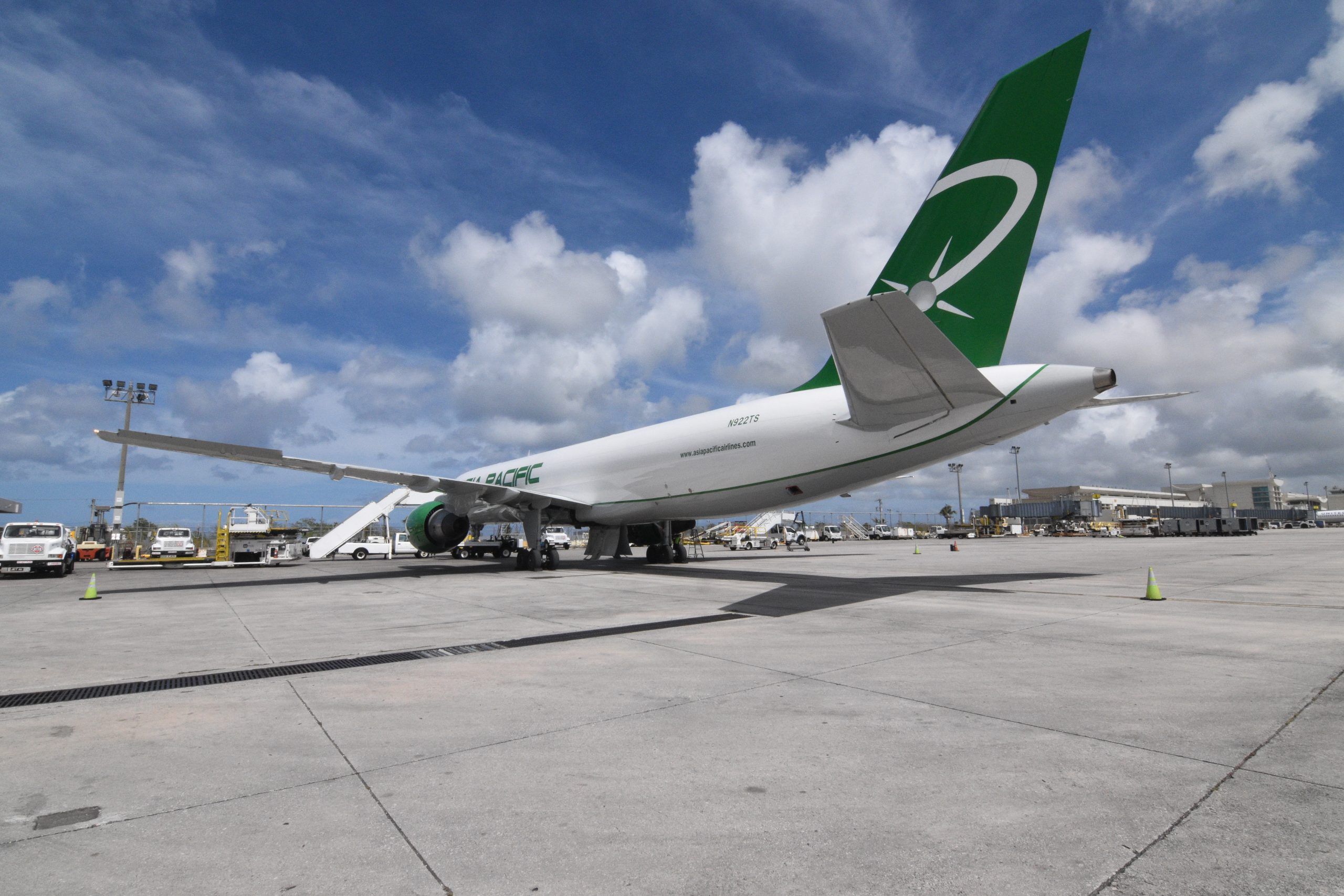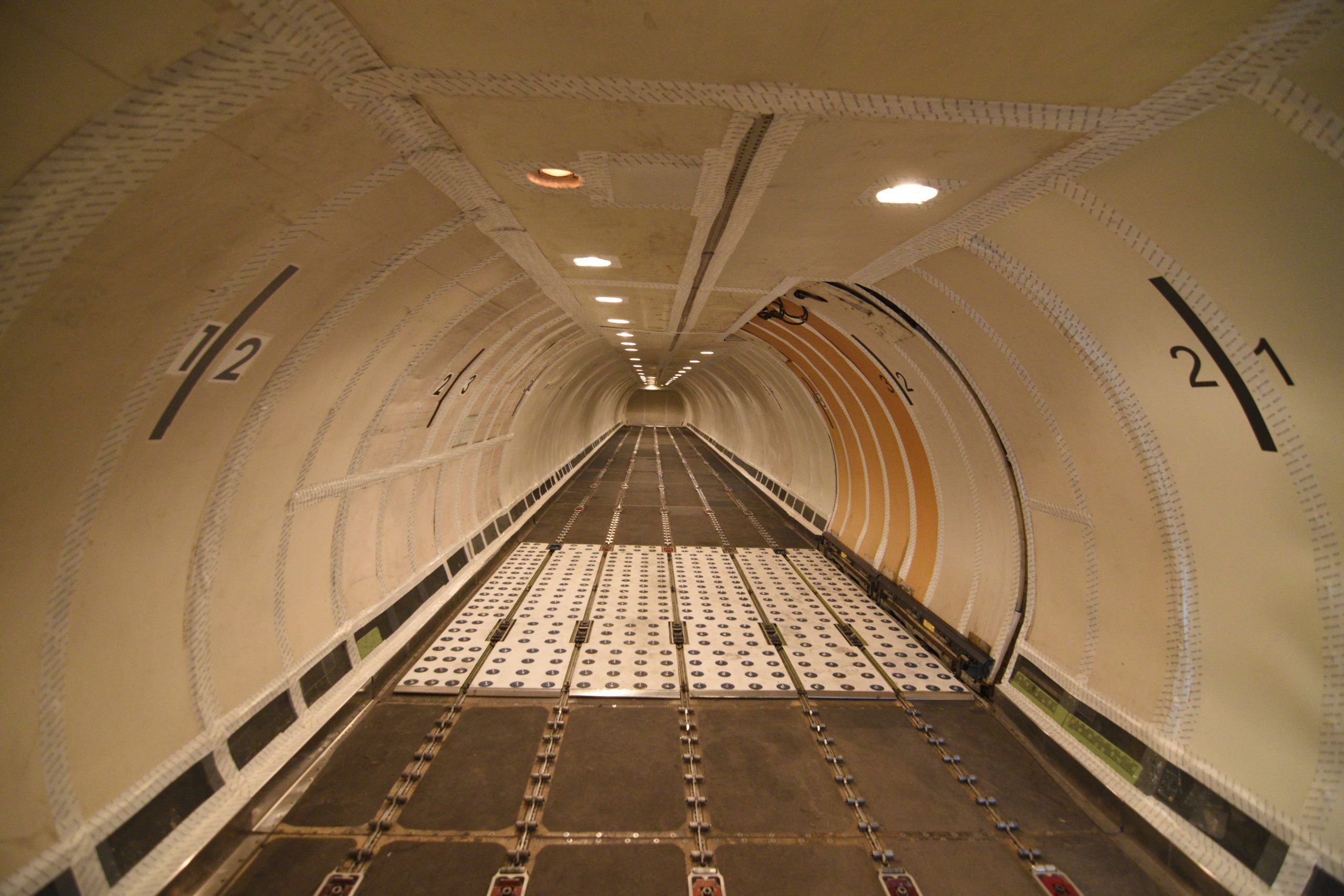The US Federal Aviation Administration (FAA) has effectively grounded a South Pacific cargo operator that islands throughout Micronesia depend on for vital freight services.
Last week, the FAA suspended the operating authority of Asia Pacific Airlines, also known as Aero Micronesia Inc., because of issues with pilot training. According to Hawaiian news outlet Honolulu Civil Beat, the FAA suspended the authority because the carrier was "unable to demonstrate that its pilots were properly trained." The FAA added that it had issued the emergency order of suspension...
"...after the company failed to produce records showing that the two individuals who provide proficiency checks for company pilots were properly trained and qualified for the past two years."
South Pacific supply chain broken by paperwork
Under FAA regulations, Asia Pacific Airlines must immediately surrender its air carrier certificate and cease operations until it provides the regulator with complete training records. If it fails to do so, it can be fined $16,108 per day by the FAA, although the airline is appealing the FAA suspension with the US National Transportation Safety Board (NTSB).
According to Flightradar24.com, Asia Pacific Airlines has a fleet of five Boeing 757 freighters, ranging in age from 23 to 32 years old. The five 757 freighter variants, their registrations and serial numbers are:
- Boeing 757-230(PCF) N688SL MSN 25140
- Boeing 757-29J(PCF) N757QM MSN 27203
- Boeing 757-230(PCF) N888LT MSN 25441
- Boeing 757-260PF N922TS MSN 24845
- Boeing 757-231 N931AB MSN 30339
The Flightradar data shows that two aircraft, N688SL and N888LT, operated on February 1st, but none of the five have operated since then. On February 1st, the 757-230(PCF) aircraft departed Honolulu Airport (HNL) at 11:20 and arrived back at its home base of Guam Antonio B. Won Pat International (GUM) at 14:41 after a 7:21-hour flight.
Discover more aviation news for Australia and Oceania here
The FAA said it notified the company in December about the non-compliance issue and "urged the carrier to suspend operations until the matter was resolved." The cargo airline continued operating, and in suspending the authority the FAA said:
"Under the regulations, any flight check provide by these two individuals is invalid, meaning that none of the company's pilots are currently qualified to fly."
Asia Pacific Airlines president, Adam Ferguson, said that the problem is a paperwork issue and that there is "no safety issue here," labelling the situation "ridiculous." Civil Beat reported that the two instructors involved work for K&S Aviation Services, a US company based in Scottsdale, Arizona, which provides services to the airline.
A lot of freight capacity sitting idle
Ferguson explained that when the FAA asked for documentation proving the instructor's qualification, K&S provided it directly, but the regulator wanted the paperwork to come from Asia Pacific Airlines. As the airline did not hold those records, Ferguson said they could not send them to the FAA, so he sent his pilots to get newly trained to obtain fresh documentation. He adds that the paperwork was obtained on January 8th and submitted to the FAA when it requested it last Tuesday.
Unfortunately, the FAA issued the suspension the following day, saying they needed time to review the records. Adding to his frustration, Ferguson noted that the FAA had not offered an estimate of how long they will need to examine the documents.
He also said that Asia Pacific Airlines is the only air freight provider of some islands in the region, including the Federated States of Micronesia, American Samoa, Palau and the Marshall Islands. The airline operates around 60 flights per month throughout the South Pacific, delivering vital supplies such as food, medicines and mail. While the aircraft remain grounded, the inhabitants of these far-flung communities will have to rely on freight capacity in passenger flights for their supplies.
Do you think the FAA has handled this most effectively? Let us know in the comments.
Sources: Honolulu Civil Beat, Flightradar24.com



